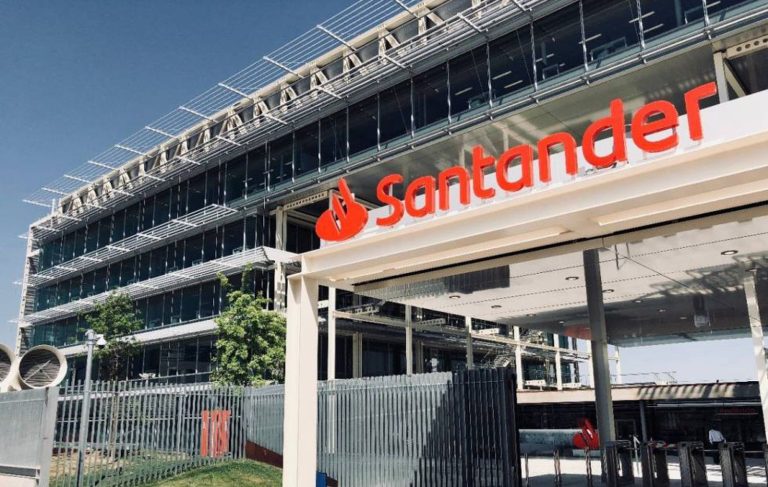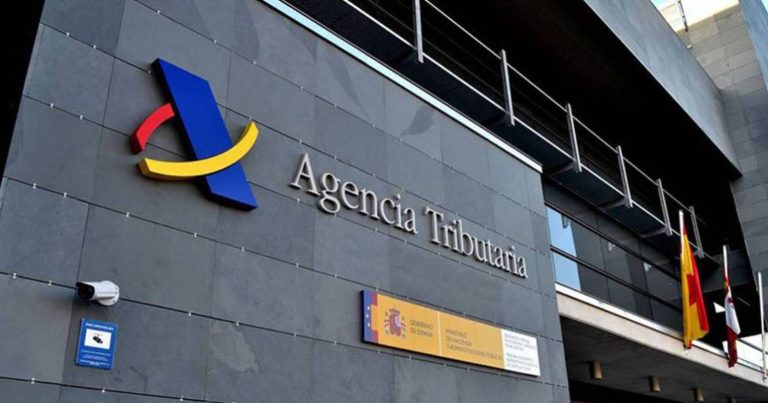Claims denial management solutions have positioned itself as a crucial element of the healthcare industry and a must-to-have solution. The strategized end-to-end denial management services with root cause analysis is proved to reduce the denied claims rate and increase the claims settlement. Most importantly, it serves as a crucial element to ensure steady cash flow for operational efficiency and revenue cycle management.
Claims Denial Management Process
The key is lower claims denial ratio and improving the acceptance and recovery of claim value through analysis and review.
The healthcare industry, in recent years, has witnessed a huge adoption of outsourced solution/ in-house software deployments. Similarly, the claim denial section has also been revamped. However, with umpteen number of service providers and profuse product availability, the final decision-making regarding the best solution is difficult.
This blog gives an insight into the features that one should look in for choosing the best claims denial management solution.
Parameters Governing the Best Claims Denial Management solution:
- Delivery of cost and value propositions – The claims denial management solution should be able to deliver precise identification of quantitative characteristics of denied claims along with root cause analysis. The solution should be able to import ERNs manually or electronically, automatic email reporting, and quality audits, as well. Overall, the solution should improve the cash-inflow and reduce the cost of managing and administering the denied claims.
- A simplified overview with categorized denials– Keeping in mind the complexity of claims management, the claims denial management solution should offer simplified segregation. Classification of denials based on distinguishing factors like source, department, the reason for denial, date, geography, etc. streamlines the process. The solution should also track the common denial errors like name spell errors, pre-existing conditions, accidental details, among others.
- Real-time claims management – In the present digitalized world, the claims denial management solutions need to act on a real-time basis. It has become critical to gain a competitive edge with real-time claims monitoring and resolution of petty errors.
- Robust rule engine for facilitating process – The claims denial management solution should have a well-defined rule engine to track payer-specific regulations for claims payment, trend analysis, and denial activity identification. This sophisticated technical system can immensely help in defining the claims management for each user base and automatically populate current rules over the entire network. These search engines also facilitate the creation of intuitive analyzed reports for unpublished rules and recommend fixation of denied claims appropriately.
- Analytical edge – Once the rule engine can track the issue and generate trends, the analytical edge is gained. Post this, the analysis should form the base for corrective action plans and prevent future denials. The claims denial management solution should be able to uncover issues, reduce denials, increase the quantum of claim denials, and efficiently submit the clean reports for acceptance and settlement.
Conclusion:
Overall, the chosen claims denial management solution should work on the three components of data capture: denial analysis, reporting, and process redesign. With effective implantation, the solution adds value to the businesses’ bottom line and creates holistic growth acceleration.












 Bitcoin
Bitcoin  Ethereum
Ethereum  Tether
Tether  XRP
XRP  Solana
Solana  USDC
USDC  TRON
TRON  Lido Staked Ether
Lido Staked Ether  Cardano
Cardano  Avalanche
Avalanche  Toncoin
Toncoin